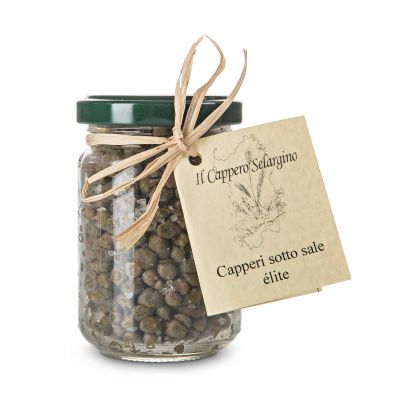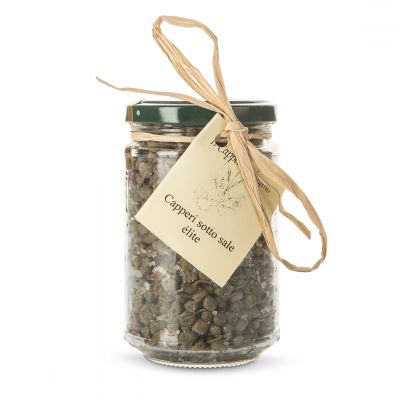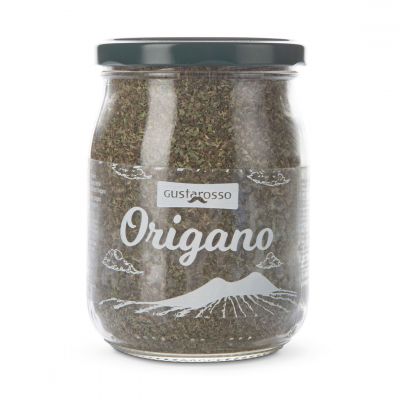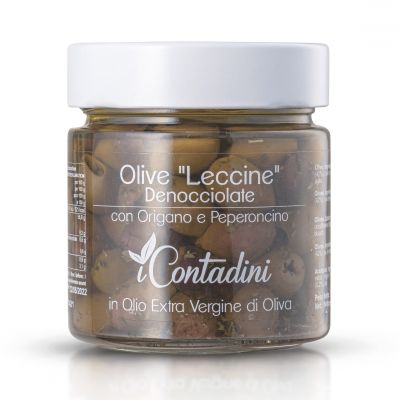When the choice of excellence is perpetuated along the production chain the result is amazing. A little story of three producers committed to quality
They have been among the protagonists of the average spending since the Covid-19 revolutioned our lifes and consumes.
That happens mainly for the very reason of their nature, that is the long shelf life.
Perfect for storing in pantries for long time and facing long periods of seclusion, preserves were born in ancient times for two related reasons: to cope with the perishable nature of food and to guarantee a reserve during the cold seasons.
In the impossibility of dealing with all the knowledge of the world of preserves, we will focus here on the world of vegetables by telling the different variables involved along the supply chain and insisting on the strengths of the companies that we have selected over the years.
But let’s take a step back, or maybe two, and start from the beginning of the supply chain: the field, or the soil
Essential matrix for a high quality production, the soil is sometimes mistreated in order to obtain a quantitatively high harvest.
How? Cultivating intensely, applying a fight against weeds without restraint in the use of chemicals, or even fertilizing without respect for the natural and cultural cycle of the plant.
A short-term vision that compromises the goodness of the final result and the respect for the territory in favor of a safe and abundant harvest.
The selection we did in recent years tried to privilege who already demonstrate in the field to have a clear idea of excellence and not only the objective to pick in quantity.
In Salento, south of Puglia, there is a company that obeys to this principle, I’m talking of the Trentin farm (alias I Contadini) which contrasts pests with an integrated approach, the sum of crop rotation, the action of antagonistic insects and the choice of strong plants.
Again they use an organic fertilizer with natural elements and they water the fields avoiding water wastes.
It certainly then gives continuity to an excellent supply chain also in the following steps that we will shortly see.
Because the supply chain, in their case, is all included in the same farm, from the field to the finished product
San Marzano Dop Tomato chain followed by Dani Coop (Gustarosso) is very similar, even if characterized by a cooperative organizational structure.
The company follows the entire production process of the tomato starting from the seeds, from the supply of the seeds to the producer members and ensuring them the agronomic technical assistance during the growth phase up to the harvest.
According to the DOP rules San Marzano has to be cultivated vertically, even if this method requires manual picking of the product.
Cultivating vertically means growing the plant on 3 or 4 levels of height, the bunches of tomatoes in this way fall downwards, never touching the ground and remaining more easily intact.
In the two farms described above vegetables are immediately and freshly processed after the harvest.
This represents the great point of difference between an industrial product and a short-chain product that we could define as artisanal without any doubt
Infact the big question we must ask ourselves when we open a jar of canned vegetables is: have they been processed from fresh or pickled product?
Making a preserved food from a pickled vegetable means buying a “pre-preserved“ vegetable from a third party.
It’s a legitimate choice, which however, in our opinion, affects the organoleptic result and the freshness of the finished product.
A choice that very often focuses on controlling the cost of raw materials and does not pay much attention to the origin of the product.
I therefore invite you to taste a comparison of an industrial artichoke in oil and an artichoke from I Contadini: you’ll firsthand notice the different textures (yielding the first, crunchy the second) and the intensity of the flavor (weak the first, lively and persistent the second).
We can do the same test with any other canned products, from dried tomatoes to peppers, from aubergines to courgettes.
We like a lot to work with small farms, such as Marco Maxia’s close to Cagliari in Sardinia, because they work to revive local plants and crops, bringing them back to life, like the Selargian capers.
If today we find the Selargian capers on our tables, we owe it above all to Marco and his action to recover an endangered plant up to the early 2000s.
He told me in these days that in 20 years of work they have managed to recover 95% of the uncultivated fields of the municipality, a great result!
We have always been interested in identities like this, rooted in the territory, a living sign of a professionals’ ability to give a soul to what they produce.
They are not only stories of agri-culture, but also and above all of pure culture.
Alessandro De Conto
Export Director
![]()







